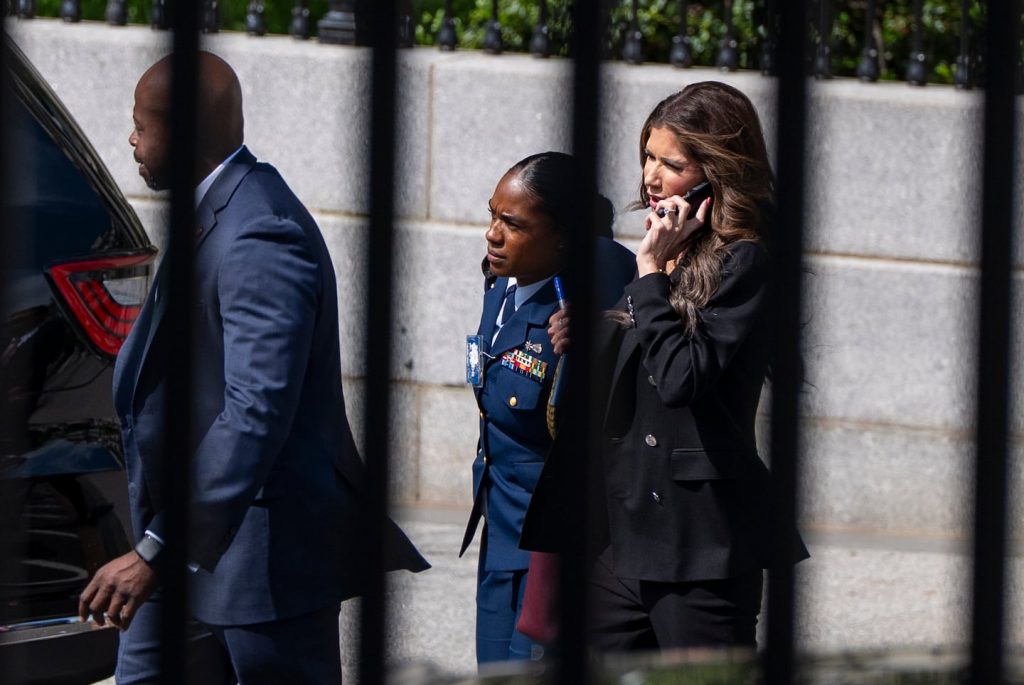A federal judge in Boston has blocked a controversial plan by the Trump administration to deport migrants to Libya, citing serious violations of legal protections. The decision came after reports emerged that US officials were preparing to send migrants to the North African country despite its unstable conditions.
US District Judge Brian Murphy issued the emergency order on Wednesday, saying the deportations would “clearly violate” a previous ruling that guarantees migrants’ rights to due process. He emphasized that the administration’s actions “blatantly” ignored his earlier decision, which requires officials to notify migrants in their own language and allow them time to contest deportation.
This ruling followed a CBS News report stating that the US military could begin deporting migrants to Libya as soon as this week. The report, which cited anonymous US officials, sparked immediate backlash from immigration advocates and legal experts.
In response to the growing concerns, immigration lawyers filed a legal challenge asking the court to urgently block any deportation flights. They warned that “multiple credible sources” had confirmed that planes were ready to transport migrants to Libya within days.
Libya’s Prime Minister, Abdul Hamid Dbeibeh, also reacted strongly to the news. In a statement posted on X (formerly Twitter), he declared that Libya “refuses to be a destination for the deportation of migrants under any pretext.”
Despite these developments, a US State Department spokesperson declined to comment on the deportation plans, while former President Donald Trump claimed he was unaware of the issue, saying, “You’ll have to ask homeland security.”
The US has reportedly approached several other countries about accepting deported migrants, including Rwanda, Benin, Angola, Equatorial Guinea, Eswatini, and Moldova. Rwanda confirmed it is in early talks with US officials.
Libya remains a highly dangerous country due to years of conflict, terrorism, and civil unrest. Since the fall of Muammar Gaddafi in 2011, the nation has been split between two rival governments: the UN-recognized administration in the west, led by Dbeibeh, and a military regime in the east, controlled by General Khalifa Haftar.
While Haftar’s son recently met with US officials in Washington, both the US State Department and Libyan representatives stated that the meeting was unrelated to the deportation issue.
The Trump administration, now in its second term, has ramped up its immigration crackdown, using controversial policies and incentives. Earlier this week, the US government even offered undocumented migrants $1,000 to voluntarily leave the country.
As legal challenges continue and public outcry grows, the future of the deportation plan to Libya remains uncertain. Advocates warn that any forced return to Libya could put migrants at severe risk given the country’s volatile state.

